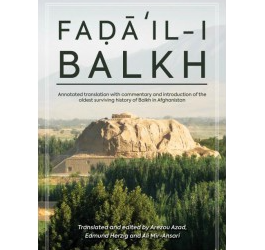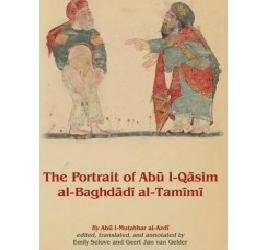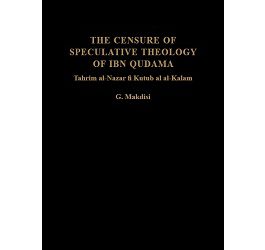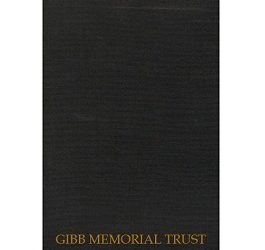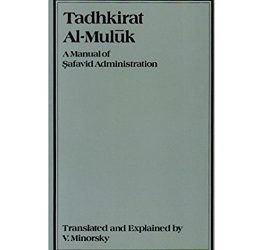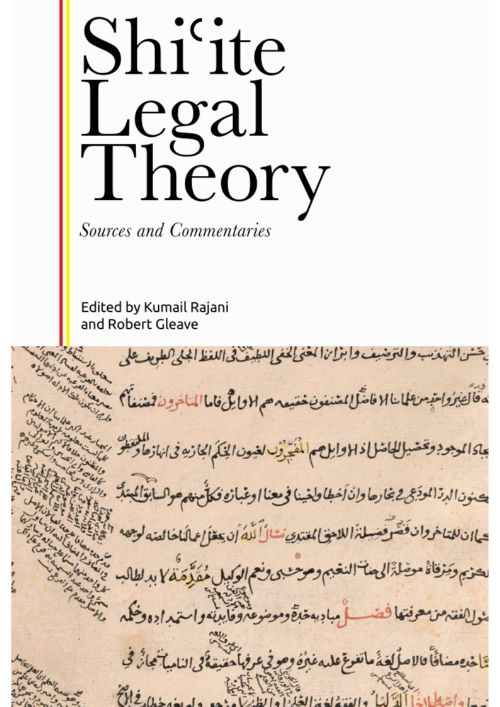
Shiʿite Legal Theory: Sources and Commentaries
Editors: Kumail Rajani and Robert Gleave
Year: 2023
ISBN: 9781399520256
Language: English
352p + 8ill, H244 x W170 (mm)
PRICE
£90.00
Table of Contents
Acknowledgements
Introduction
1. NORMS AND VALUES IN MEDIAEVAL MUSLIM SOCIETY
1. Ideals and Actual Behaviour
2. Some Enduring Values in Mediaeval Muslim Society
3. A Preliminary Definition of Mujūn
2. THE MOTIFS OF MUJŪN : RELIGION
1. An Omnipresent Religious Culture
2. Quran and ÍadÐths
3. The Stuff of a Sound Education: Religious Disciplines,Theology, and Islamic History
4. The Religious Obligations
5. Images of Afterlife
6. Hyperboles in Praise Poetry
7. Genuine Mujūn: A Provisional Summary
3. THE MOTIFS OF MUJŪN : DECENCY AND PROPRIETY
1. Breaches of the Norms of Proper Conduct
2. Images of Sexuality
3. Stylistic Features: Punning, Double Entendre, Obscenity, and Parody
4. THE RECEPTION OF MUJŪN
1. The Reception of Mujūn
2. Sanctions and Rewards
3. Regional Differences in the Reception of Mujūn
5. MUJŪN, VALUES AND NORMS
1. Mujūn vis-à-vis Dominant Values
2. The Sociology of Mujūn
Afterword: On Defining Mujūn
Sources
Index
Treats the strands of Shi’ite legal theory as a family of legal traditions, providing illustrative examples with editions of previously unpublished works
- Examines for the first time in English an intergrated analysis of Shiite traditions and legal theories, including the validity of personal juristic reasoning (ijtihād), linguistic interpretations, the role of certainty in the deduction of law and the legal authority of the imāms
- Covers Shiʿi uṣūl, which has received little attention in scholarly discussions of Islamic legal theory
- Focuses not only on the less-neglected Twelver uṣūl but also on Ismaʿili and Zaydi uṣūl traditions
- Presents texts from a range of regions (Yemen, Iraq and Safavid Persia) and written across a broad time period (from the 5th/11th century to the 13th/18th century)
- Incorporation of Zaydi, Ismaʿili and Twelver legal traditions in a single analytical framework
Alongside the individual rules of God’s law (sharīʿa), there has been a vibrant history of more philosophical or theoretical discussions in Islamic thought. Where does God’s law come from? How are God’s rules to be discovered for situations not covered in the revealed sources? Who, within the Muslim community, can make a valid pronouncement on the content of the sharīʿa? The answers to these questions have been debated and discussed by Muslim scholars in the genre of literature called uṣūl al-fiqh, glossed in English language secondary literature as “Islamic legal theory”. This volume contains editions and commentaries of hitherto un-edited manuscripts from the various strands of the Shiʿite tradition of Islamic thought (Zaydi, Ismaʿili and Twelver). A careful side-by-side reading of these texts and commentaries will help identify themes peculiar to the Shiʿite “family” of legal theories. The distinctive Shiʿite contribution to the history of uṣūl al-fiqh has not received the attention it deserves in contemporary scholarship; this volume forms part of wider attempt to bring the richness and diversity of Shiʿite uṣūl to the wider field.
Related Titles
A Short History of the Gibb Memorial Trust and its Trustees: A Century of Oriental Scholarship
Charles Melville (editor)
Faḍāʾil-i Balkh
Arezou Azad(Author); Edmund Herzig(Author); Ali Mir-Ansari(Editor)
The Portrait of Abū l-Qāsim al-Baghdādī al-Tamīmī
Emily Selove (Editor), Geert Jan van Gelder (Editor)
The Censure of Speculative Theology of Ibn Qudama
G. Makdisi
Chahar Maqalah (The Four Discourses) of Nidhámí al-Arúdi al-Samarqandí
Edward G. Browne
Tadhkirat al-Muluk: A Manual of Safavid Administration
V. Minorsky; John F. Richards

